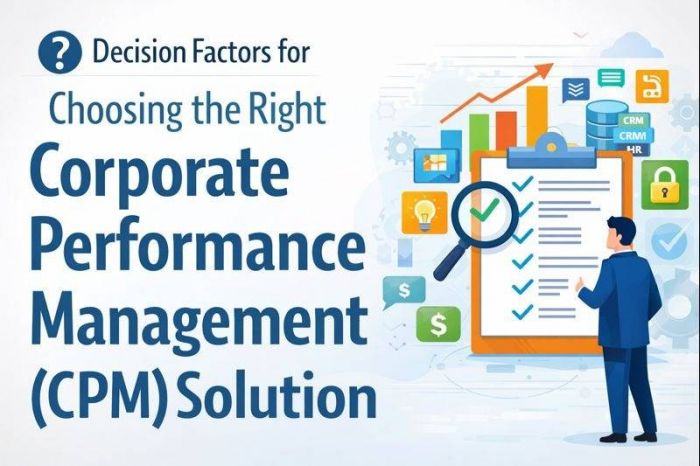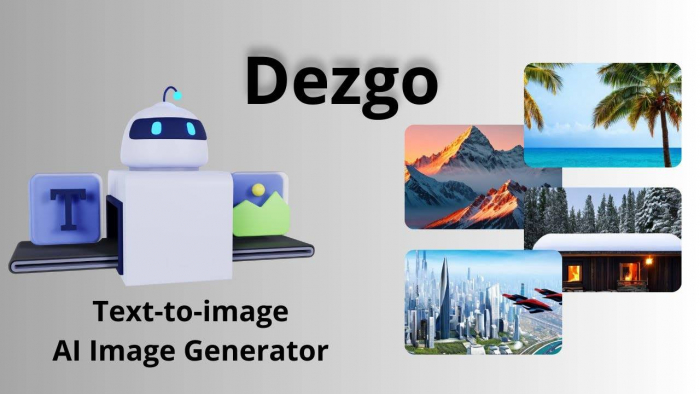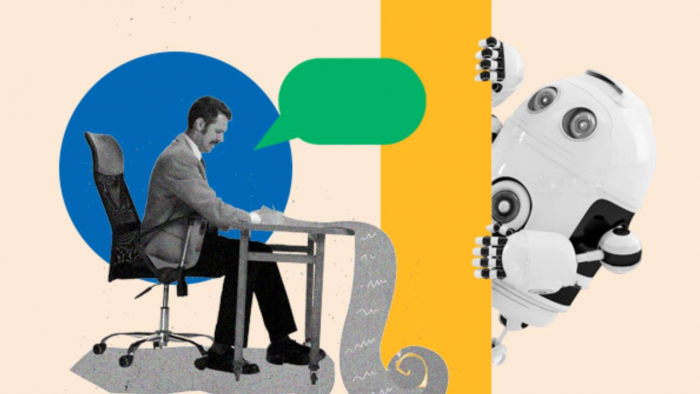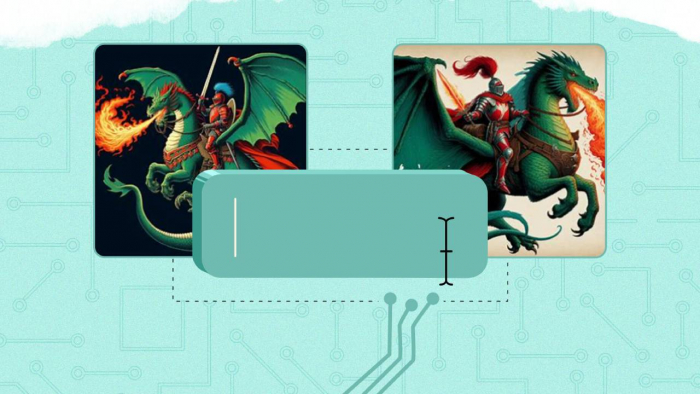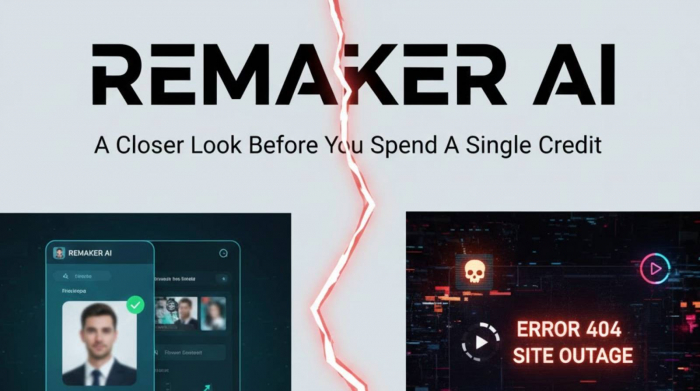Table of Content
Artificial intelligence has entered the age of dumb automation by 2025. The age of the AI agent - a self-directed, goal-oriented digital assistant or co-worker that knows all and can do almost anything - has arrived. They don’t just follow commands. They analyze, decide, and act. From startups to giant corporations, AI agents are emerging as silent engines driving new efficiencies, quicker decisions and ultra-personalized experiences.
From Tools to Teammates
Just a few years ago, what we considered AI was mainly about tools - chatbots answering frequently asked questions, or assistants that scheduled meetings. Today, AI agents collaborate with humans, rather than simply working on their behalf. They write reports, negotiate prices, oversee data and even suggest creative approaches.
Imagine a marketing manager in 2025. Rather than juggling five dashboards, she briefs her A.I. assistant: “Find whatever campaign converted best and optimize for Gen Z audiences and midrange trends on creative directions.” In minutes, the agent serves insights A/B test simulations and revised ad drafts.
It’s collaboration - not command.

Reinventing Workflows
AI agents are redefining workflows in all industry verticals. In software development, agents review your code and they flag inefficiencies, even suggest refactors before bugs make it into production. The HR robots also automate candidate screening, predict turnover and optimize job descriptions for better matches.
But the real metamorphosis is flexibility. Unlike older automation systems, the 2025 agents learn through constant experience with customers. They are posting work updates in near real-time, syncing across teams and tools - Slack, Notion, Jira, CRM - to reduce friction.
The magic comes when these systems start talking to one another. Consider an AI agent that observes a sudden surge in customer support tickets. It cues the product team, which gets a complete issue breakdown, hypothesis on root cause and even potential fixes. Jobs that once took days get done in hours.
AI doesn’t just accelerate tasks. It dissolves walls between departments.
Read also: https://inoxoft.com/blog/business-owner-guide-to-ai-agents/
The New Customer Experience
1. Emotionally Intelligent Service
Reactive customer experience isn’t the 2025 way. Agents can hear any frustration in tone or sentiment — whether in a chat, email or voice call — and adjust in real time. A virtual banking agent isn’t only clearing up a problem about a transaction, but it detects hesitation and provides some financial coaching or tips for saving.
AI’s empathy is data-driven. It knows context, recalls preferences and dials each interaction in an effort to feel human — sometimes more so than real humans at scale.
2. Always-On, Never Robotic
The best brands embrace their AI, and don’t force it into the shadows. They embrace it. “Chat with Ava, our digital care agent,” has become as routine as “Contact support.” Consumers love the transparency — and the streamlined process that often results.
AI agents can immediately refer users to human specialists when emotions or complexity are elevated. It feels organic too, rather than being handed off between bots.
3. Personalization 2.0
And personalization has gone from mere recommendations to total anticipation. Agents now construct on-the-fly user profiles that evolve from moment to moment. And when you begin shopping for environmentally friendly products, or anything else on your wish list, your digital shopping agent is quietly vetting offers, reading reviews and haggling with the merchants.
Shoppers no longer shop — they talk.
Decision-Making Gets an Upgrade
1. Predict, Don’t React
C-suites and team leaders are leveraging AI agents as strategic advisors. These systems do not merely display data - they integrate it into a context. A CEO might wonder, “What would be the impact of us moving production to Eastern Europe?” That can spit out projections on things such as price, risk and geopolitics in seconds. AI agents don’t replace judgment. They empower it.
2. The Rise of “Explainable AI”
A critical difference in 2025 is transparency. "AI has layers of reasoning today in decisionmaking." Businesses can follow the logic for why an agent made a particular recommendation — important for compliance, ethics and trust.
Other regulated industries like health care and finance use “audit trails” of AI reasoning to provide accountability. The black box is becoming see-through.
3. Real-Time Boardrooms
AI seats are standard in meetings at some organizations now. Agents also summarize conversations, call attention to important risks and cross-reference information on the fly. They listen, but not just that.
Try having a conversation about launching a new product and have your AI agent quietly blink “Market sentiment 62% positive, stable supply chain, risk level moderate.” Decisions get done quicker — and better.
Challenges Behind the Curtain
With great power comes confusion. The more AI systems process sensitive data, the more critical transparency and consent becomes. It is incumbent upon companies to make sure these systems comply not only with the letter but also the spirit of laws and morals.
Who owns the knowledge an agent learns from millions of interactions? The user, the company or the AI itself? That debate is heating up.
Although it is autonomous, human supervision is still crucial. AI can misunderstand nuance or context - a risk that’s particularly salient across cultures or languages.
Which is why 2025’s best practices are autonomy plus: humans guiding, validating and retraining the agents all the time. The most successful companies design hybrid intelligence, not pure automation.
The Human Side of the AI Transformation
For all the talk of “algorithms,” the story of AI agents is deeply human. They are how we try to tidy up chaos - how to do less clicking and more thinking.
In creative industries, they’re muses. In medicine, they’re second opinions. In logistics, they’re tireless planners. And in private life, they are turning into digital concierges scheduling appointments, budgets and even emotional health.
Some see this as unsettling. Others see freedom.
Freedom from repetitive tasks. Freedom to concentrate on meaning and creativity and connection.
What Comes Next
The next frontier isn’t even smarter agents - it’s integrated ecosystems of cooperating agents. Imagine an AI project manager, working with an AI financial analyst and an AI marketer - all orchestrating in the background while human beings steer the vision.
Halfway through that transformation, it’s 2025. Workflows have changed. Customer relationships have deepened. Decisions have accelerated.
But one thing has not changed: humans need trust. The most capable AI agents will be the ones we trust - not because they’re perfect, but because they are transparent, adaptable and aligned with our goals. AI isn’t taking over. It’s teaming up. And that, perhaps, is the greatest revolution of all.
Post Comment
Be the first to post comment!
